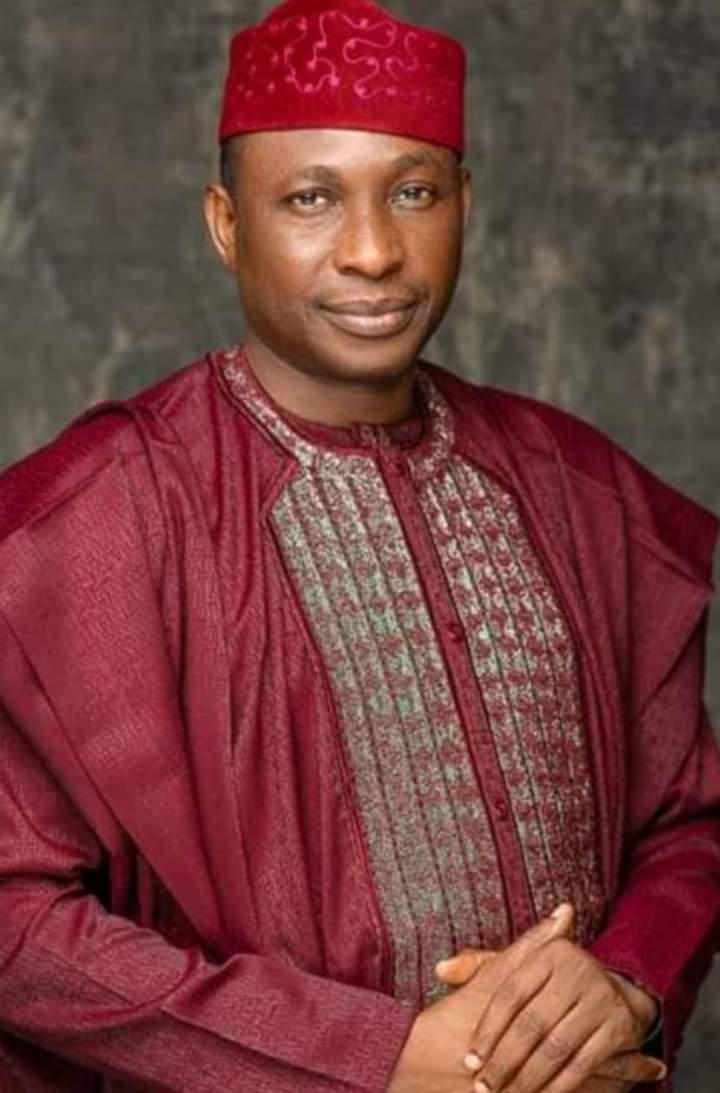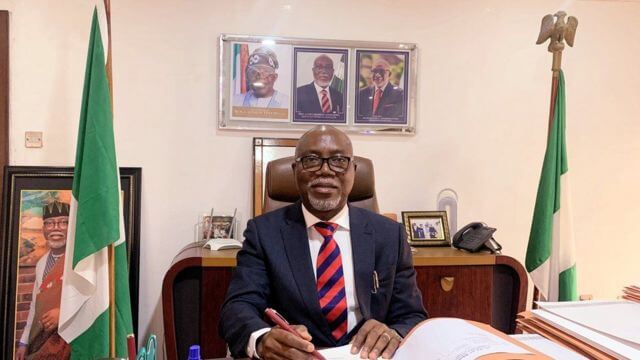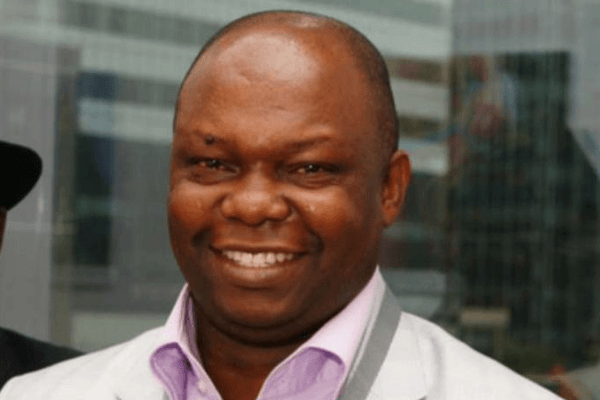A couple of months back, I drove past a popular super store in GRA, Ikeja, with two of my friends, and I was stunned to see that the store – Hubmart – was under lock and key. Apparently, I was the only one who didn’t know this. Jaiye Opayemi and Femi Abegunde were quick to tell me it had been locked for a while.
The story was that it was owned by a former bank MD, who had been convicted for corruption by the EFCC, and therefore shut down the place as a result.
I was bewildered and muttered in anger: “Does the EFCC think at all? Must they shut down this sort of investment because it’s a product of graft? What’s wrong with running the place and letting it generate money, perhaps, through consultants?
“Now, the employees had been thrown into the labour market at a difficult period of grave economic challenges, and many of the goods instore would start to expire. We are really the kind of people who delight in wastes.”
My two friends agreed with me without hesitation. But we all concluded that the heads of many agencies in the country and many other government officials actually lack the wisdom to man their offices.
But, yesterday, the new head of the EFCC, Ola Olukoyede, raised my hope when he hinted at a set of changes to tweak the narrative. Among many of his proposals geared towards overhauling the EFCC, he said there would be no more shutting down of companies or freezing their accounts when being investigated.
He said there would be no more marking of buildings under investigation to avoid stigmatisation by the public. Instead, such buildings, he suggested, would be identified in a different way without giving it up as being investigated.
Olukoyede spoke about the need to use anti-graft for economic growth and employment. He alluded to the Haliburton case, from which the US made about $3 billion while Nigeria made nothing. He further promised that the EFCC would henceforth obey Nigeria’s existential laws, perhaps, including court orders.
Although he didn’t mention this, it is important that the EFCC, as a matter of urgency, stays away from media trial – completely. It is its major undoing largely responsible for the fall of its former heads. Besides, the EFCC under him should imbibe the culture of concluding investigations before setting out to make public the case in point.
The EFCC chairman, who spoke yesterday during a meeting with the civil society organisations at the commission’s headquarters in Jabi, Abuja, contended that, if convicting people did not contribute to economic development, how would it have added value to the system? That’s quite instructive!
In all, what I found more instructive was his conviction that if he failed to do the right things, he could also be on the other side of the table tomorrow and would face the consequences of the choices made today. Good thinking!
That, for me, summed it all up, and stimulates the persuasion that Olukoyede not only deserves a chance, benefit of the doubt, and the support of all, but might actually do well as EFCC chair, only if he truly walked his talk.





